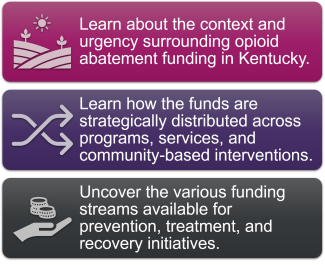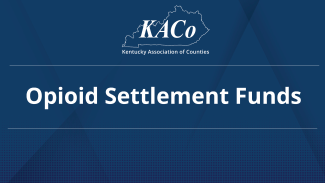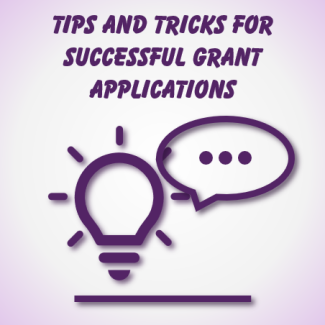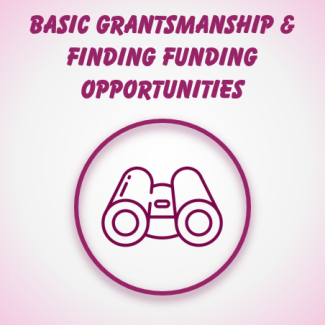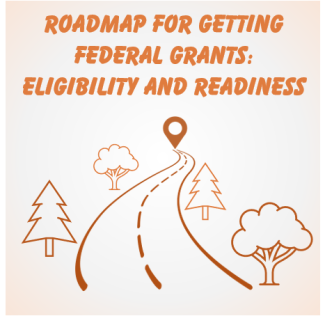Welcome to our comprehensive resource hub designed to empower grant seekers and advocates. Whether you’re an individual, organization, or community leader, we’ve curated a wealth of tools to support your journey.
Explore expert tips on grant writing, discover funding sources, and learn how to navigate the intricacies of state and local opioid abatement funding.
From step-by-step guides to real-world examples, these materials are designed to help you secure the resources needed to drive positive change. Learn how to turn your vision into impactful reality!
